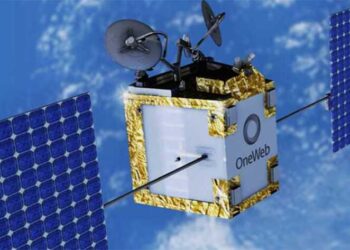
Namibia is one of the world leaders in the extraction of various valuable raw materials, of which about 80% are exported.Â
The Namibian mining industry is the foundation for most of the country’s industrial capacity and foreign investment. However, the traditional field methods of development are becoming extremely expensive.Â
The productivity rate in mining operations is dropping due to maintenance costs, unreliable equipment, reactive troubleshooting, low-capacity factors and incidents related to safety violations.Â
The question we need to ask ourselves is: What technologies can we implement to ensure that the development of modern industry and the workplace and environmental safety issues in the mining industry are dealt with effectively?
During the transitory years, mining operations were carried out progressively in multifaceted and treacherous geological and climatic conditions, which significantly obfuscated the participation of personnel in mining processes that required highly qualified professionals.
To increase production efficacy in line with industrial safety standards, there is a need to develop pioneering elucidations for the Namibian mining industry.Â
This includes implementing dispatching and diagnostic systems, automatic or unmanned control systems for dumping trucks and drilling rigs and predictive maintenance and analytics for solving mining process optimisation problems.
These systems will increase efficiency by 10-20% in all solid raw material extraction equipment, including dispatching control.Â
The implementation of automatic dispatching and optimisation of control and conveyor equipment makes it possible to increase the productivity of the excavator and truck fleet by 5-15%, reduce equipment operation costs by up to 8%, reduce expenditure on fuel by 5-10%, as well reduce non-technological downtime by 80%.
The maturity reached in bilateral relations between Namibia and many African, American and European countries gives us a unique opportunity to diversify bilateral trade by increasing the share of high-technology products and implementing joint projects in innovation. We should endorse networking between chambers of commerce and industry, business councils, professional associations and unions, intensify alliances between business entities through joint projects, trade fairs and exhibitions in the hi-tech sector, and establish joint ventures.
 * Silas David is a registered professional geoscientist and serves as the president of Geology Applied to Mineral Deposits of Namibia. He is a trained geostatistian with extensive knowledge in Krigging method.
Â
Â
Â
Â
Â











